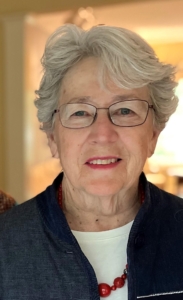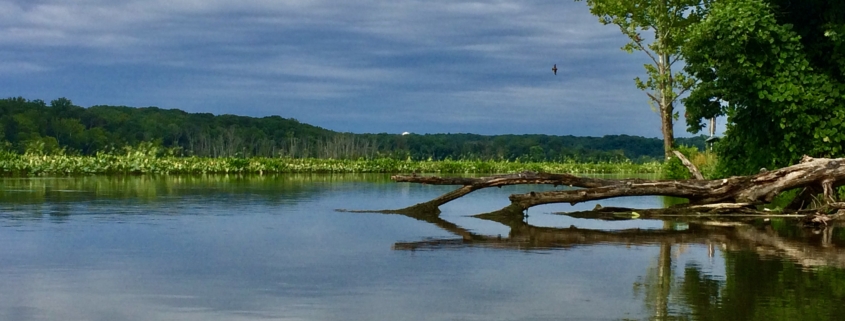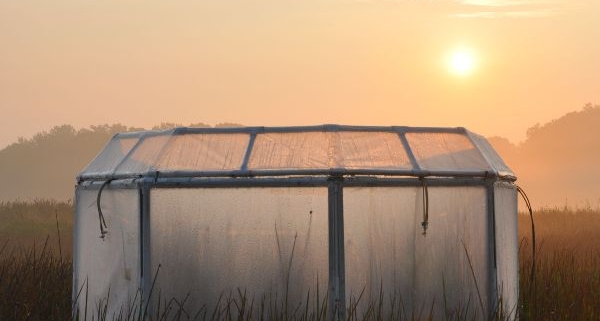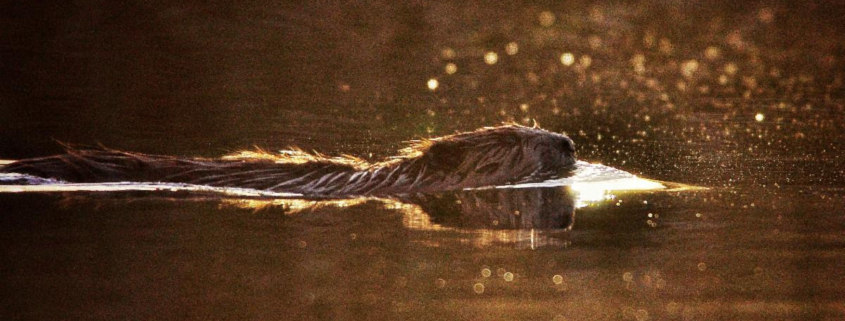Community Champion – Betsy Martin
Congratulations to FMN Betsy Martin for her recognition as a “Community Champion” in the Mount Vernon District of Fairfax County.
Betsy has been a certified Master Naturalist since 2007 with over 2950 service

Betsy Martin – courtesy of office of Mt. Vernon District Supervisor
hours under belt. She is active in the Northern Virginia Birding community and her conservation work with area ‘Friends of…’ groups, has promoted significant improvement in local wetland environments.
Please enjoy the following article from the office of Mount Vernon supervisor Dan Storck recognizing Betsy’s ‘champion’ contributions to the many communities she is involved with.
Article on Betsy from Supervisor Storck’s ‘Good News Advisor’ Newsletter, April 2025:
“The Mount Vernon District is filled with natural beauty—streams, forests and wetlands. In honor of Earth Month, this month’s Community Champion, Betsy Martin, has spent more than two decades working to protect and restore those special places, one trail, cleanup and native plant at a time.
Betsy and her husband Paul have lived along Little Hunting Creek for over 30 years. In 2002, they helped co-found the Friends of Little Hunting Creek and she now serves as President. The Friends organize annual cleanups (most recently they held their annual Earth Month Cleanup on April 5) to remove debris from the creek and raise awarenessabout watershed health. With support from neighbors and volunteers, the Friends have become a steady force for positive environmental change.
Among her many accomplishments, Betsy’s favorite is the preservationand restoration of the Little Hunting Creek Preserve, a nearly two-acre wetland site off Stockton Parkway that she helped transform from neglected land into a thriving preserve. Working with local residents, the Friends, Northern Virginia Conservation Trust and Stratford Landing Citizens Association, the area now features a trail, benches, educational signage and bird boxesand is regularly maintained by volunteers. “The preserve is becoming really lovely,” she says, “and it’s full of birds!” As someone who walks and runs along this section of Stockton Parkway, along with dozens of community members a day, its calming, natural wetlands, creek and minipark areas help center me.
In addition to her work with the Friends, Betsy is a certified Fairfax Master Naturalist and serves on the Board of Directors of the Northern Virginia Bird Alliance as co-director of the Wildlife Sanctuary Program. Whether she’s pulling invasive weeds, planting natives or tending to her own garden, Betsy’s dedication continues to inspire all of us to make a difference. Thank you, Betsy, for helping make the Mount Vernon District a greener and cleaner place for us all.”
Cover photo: Potomac River Wetland – Jerry Nissley




